_image_caption_none.jpg)

curious.
Katja: How a math student became an analytics consultant at Roland Berger
Hi everyone, My name is Katja and I'm a Senior Analytics Consultant at Roland Berger.
What exactly this means and how I got here is what I am going to tell you about in this blog – taking you with me on a journey through my time at Roland Berger. I started my career at Roland Berger in November 2019 – just a few months before the Covid-19 pandemic impacted our life as consultants. Before joining the company, I completed both my bachelor's degree and my master's degree in Mathematics at RWTH Aachen University – having also spent one year abroad at Université de Montpellier in the South of France.
How does a math student get to Roland Berger?
Having completed a (rather theoretical) bachelor's degree in Mathematics, I developed a deep interest for both applied statistics and data during my master's degree – which was further intensified during an internship in consulting and a working student position at a statistical institute.
To be honest, I didn't really know where to focus my search for my first full-time job after finishing my studies. Both consulting and many other industries seemed an option for me – I just knew that I wanted to work with data. At some point during my job search, I stumbled over a job vacancy at Roland Berger – offering a position as an analytics consultant that combines the work of a strategy consultant with data. This description immediately appealed to me, so I applied. Just a few days after having sent my application, I was approached by the head of our Analytics team, who, back then, was also just starting to build up the team at Roland Berger. The aspect of building up the team combined with the interesting job description sounded great. So I took part in the recruiting process, where I met some great interviewers and decided this would be the perfect role for me to start my career in.
What does the work of an analytics consultant look like?
The work of an analytics consultant at Roland Berger is quite diverse. I spend most of my time on projects all around the world in various industries. Although the projects differ in terms of industries, countries and objectives, they all have one thing in common: All of the projects are related to data.
I have been working across the entire bandwidth, from rather strategic projects up to very technical projects. In data-driven strategy projects, our objective is to derive a strategy for a specific topic, e.g. an optimized product strategy. We then look not only at qualitative insights (e.g. a competition analysis, expert interviews) but also take a close look at historical data – finding reliable insights from which to derive strategic decisions. A bit like finding a proof for a mathematical theorem.
In technical projects, we put our focus on analyzing data and finding a good model. I especially find the retail industry interesting. I have worked on both helping our clients find out more about the customer base (e.g. by doing customer segmentations based on loyalty data) and setting the right prices (e.g. by analyzing historical transaction data and calculating price elasticities). Within these projects, we also derive strategic decisions based on our analyses, but our focus is on the data analysis – using methods like regression analysis, machine learning and NLP.
Besides the project business, we spend quite a bit of time on internal development projects for current topics (e.g. sustainability), interesting clients (e.g. digital platforms) and honing our tech skills, as the world of data is evolving every day.
What makes work at Roland Berger unique?
For me, the best aspect of my work is our team. We have developed really well over the past three years – scaling up to a more global team but not losing the "start-up" atmosphere. We have outstanding team spirit and a very diverse team, which means we can learn from each other every day. The second point I enjoy most is the variety of work I do. The combination of technical working – finding fascinating insights within a great amount of data – combined with deriving strategic decisions based on these data insights is both challenging and fun.


_tile_teaser_h260-2.jpg)

